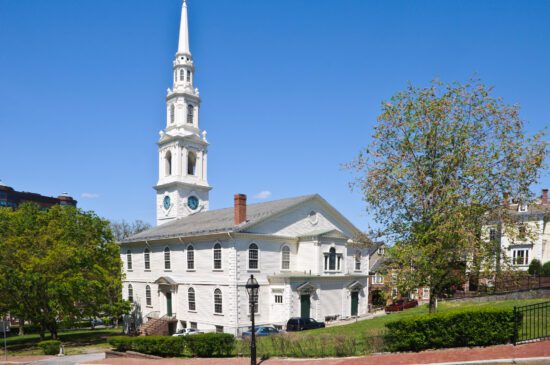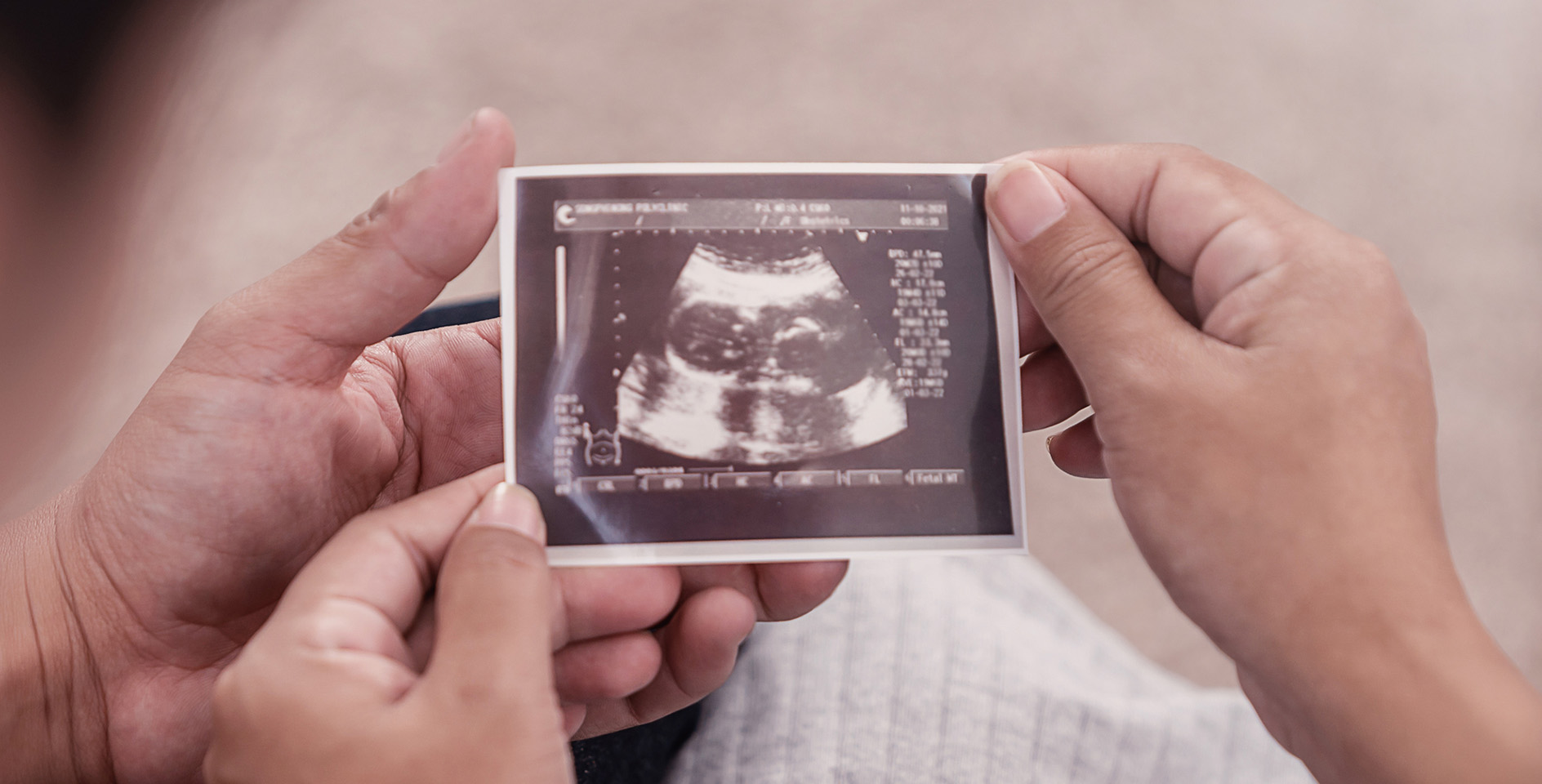Over the past year, Southern Baptists have been addressing sexual abuse in the church. It is good and crucial for us to engage this issue and provide training for those who volunteer in our church programs. At the same time, it is just as important to understand the ramifications this training may have on volunteers who are abuse survivors and make provisions to minister to them. Protecting the vulnerable is biblical and something we should care about (Psa. 82:3-4). So, how are we to respond when sexual abuse training resurfaces the pain and trauma that a church volunteer may have experienced?
Given the statistics (one in three girls and one in five boys ), we must be mindful that many of our members and volunteers may be abuse victims. While we cannot neglect our responsibility to our children and those that are dependent on care, we cannot neglect those who have suffered the very fate we are trying to prevent. We cannot miss the fact that for abuse survivors, especially those who volunteer in our children’s ministries, we are asking them to offer protection for others when they were left vulnerable. And we can love our volunteers well by being sensitive to this possibility.
When we begin to train our members to be aware of sexual abuse and the process of “grooming” by abusers, we start to put words and definitions to experiences. As our volunteers are being trained to be cognizant of abuse unfolding, memories may surface which can lead to the realization “that’s what that was.” Or it may highlight the areas where victims realize they have been failed and left vulnerable to abuse. Some volunteers may be fully aware of their abusive past and are dreading the training.
Not only can memories (whether acknowledged or not) surface but so can emotions. While it is tempting (and in some cases true) to think anger may be the first emotion, leaders can’t miss that it will most likely cause guilt and shame. If we have not anticipated possible complications, it might make it more difficult for our volunteers who may be affected by the training to reach out. It is important to be proactive rather than reactive when thinking about the repercussions that may arise as churches implement sexual abuse training.
We cannot miss the fact that for abuse survivors, especially those who volunteer in our children’s ministries, we are asking them to offer protection for others when they were left vulnerable.
So, how can leadership minister to volunteers and be prepared for larger implications of abuse training? Here are three ways:
- Acknowledge that while it may seem like “just another training” to implement, for some this topic is very personal and difficult.
- Provide options for volunteers required to take the training. Some may find it difficult to watch or might be unable to continue. One suggestion is to be paired with another volunteer (who has already been trained) to watch the training in a one-on-one setting.
- Last, have a list of vetted counselors on hand. It is unwise to ask our members (even those willing to help) to deal with more than they are qualified to handle. Here are a few resources to help you with finding and vetting qualified counselors in your area.
Although this is a difficult and uncomfortable subject, we must continue to pursue measures that honor God and love others. It can be something the Lord uses to bring healing to those who have been suffering from abuse. We must acknowledge the ripple effects of abuse training and be prepared. God is in the business of redeeming. While the survivors in volunteer training were not protected, their pain can be redeemed and their own relationship with the Lord can grow to depths they may not have known was possible. When used as a part of a larger strategy, this training can be an opportunity to prevent sexual abuse and promote healing.







